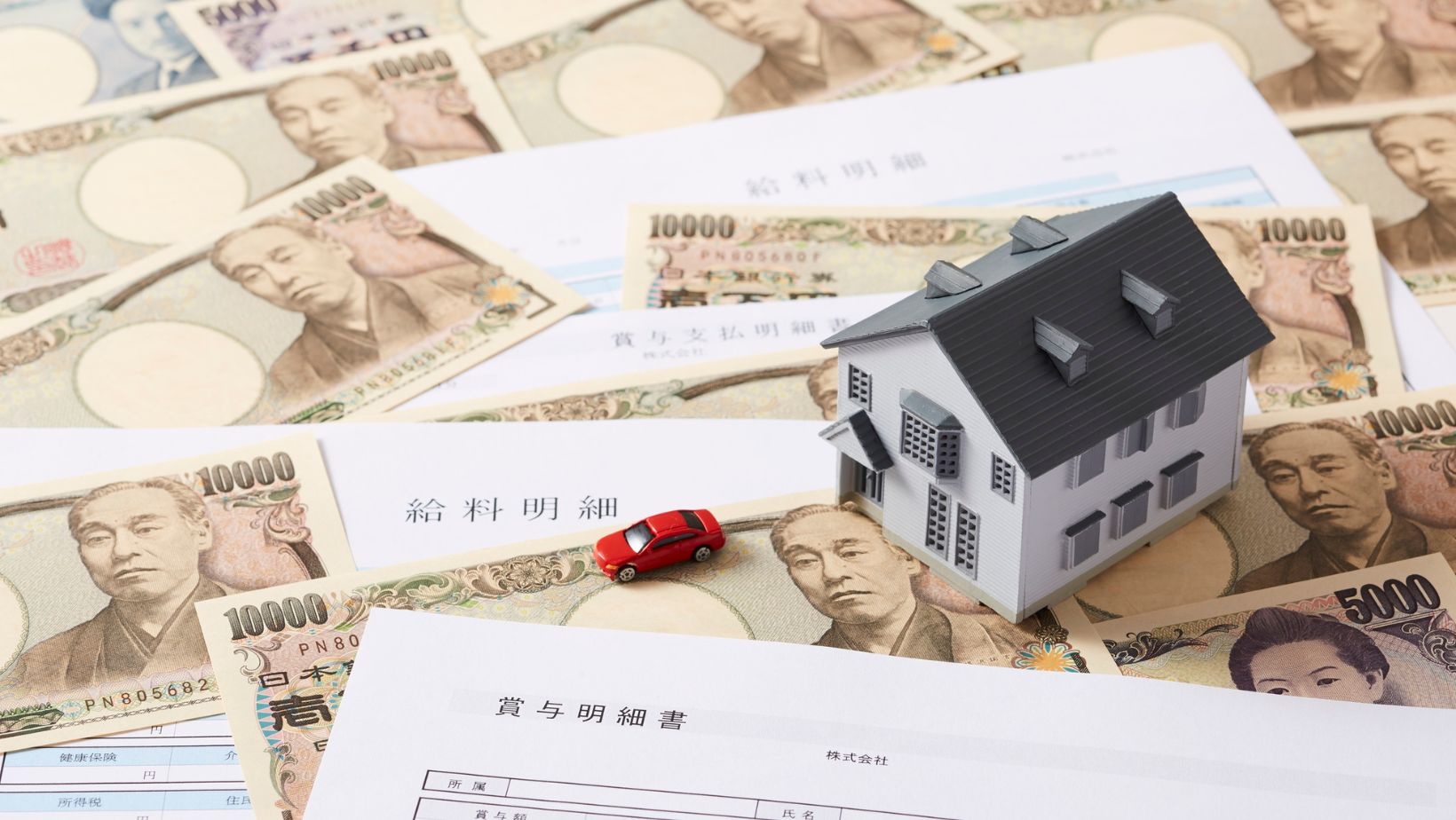When managing finances, whether for personal use or business, understanding the different types of assets is key. Many people are familiar with the term “depreciation,” especially when it comes to physical assets like cars or buildings. Depreciation refers to the decrease in value of an asset over time due to factors such as wear and tear or age. However, some assets cannot be depreciated. Some assets retain their value or don’t follow the typical depreciation rules.
What Are Non-Depreciable Assets?
Non-depreciable assets are those that do not lose their value over time. This could be because they are intangible, such as patents and trademarks, or because their value tends to stay constant or even increase. Depreciation applies to assets that experience wear and tear or become outdated, like machinery, vehicles, and office furniture. But assets like land and some investments don’t follow this rule.
Which Asset Cannot Be Depreciated
There are several types of assets that fall under the category of non-depreciable. Each one has a unique reason why it doesn’t lose value over time. Which assets cannot be depreciated?
Land
Land is one of the most common non-depreciable assets. Land, unlike buildings or equipment, does not wear out, become obsolete, or lose value with use. Its value can fluctuate based on factors like location or market conditions, but it doesn’t deteriorate the way physical items do.

Therefore, land is not subject to depreciation. A company or individual that owns land will report it at its original cost, and the value will remain unchanged unless there is a significant reason to adjust it.
Intangible Assets
Intangible Assets also cannot be depreciated. These are non-physical assets that still hold value, such as patents, copyrights, and trademarks. Unlike physical assets, intangible assets don’t deteriorate over time. The value of intangible assets may change based on legal factors or market demand, but they don’t lose value due to use or age. For example, a patent’s value may decrease if the technology becomes outdated or if a competitor develops a superior product. But unless there’s an event that causes a decrease in value, intangible assets cannot be depreciated
.Investments in Affiliated Companies
These investments are made in companies that are connected to or related to your own business. While the value of these investments may change depending on market conditions, they do not depreciate in the same way as physical assets. These investments are typically reported based on their market value, not through depreciation. The value of the investment may rise or fall, but it won’t depreciate over time.
Leased Assets
If you lease an asset, you don’t own it. Since you don’t hold ownership rights, you are not responsible for its depreciation. The owner of the asset, or the lessor, may handle depreciation on their end. So, even though you may be using the asset, you don’t need to account for its depreciation on your financial statements.
Why Some Assets Cannot Be Depreciated
Some assets are considered non-depreciable because they don’t lose value the way physical assets do. For example, land doesn’t experience wear and tear from being used. It doesn’t become less valuable simply because time has passed. Similarly, intangible assets like patents and trademarks don’t lose value due to aging or usage. Their worth might go up or down depending on market factors, but they don’t undergo depreciation the way physical objects do.
Another reason for the non-depreciation of certain assets is that they are meant to last indefinitely. Land, for instance, doesn’t have a useful life in the same way a machine or vehicle does.

It can be used for generations without wearing out. Similarly, some investments can increase in value over time, and they are often held for long-term purposes. Because these assets are not expected to lose value, there’s no need for depreciation.
In the case of leased assets, you don’t own the asset, so you’re not responsible for its decline in value. Since depreciation is tied to ownership, leased items are excluded from depreciation schedules.
How Depreciation Affects Financial Reporting
Depreciation is important for businesses when it comes to financial reporting. For assets that do depreciate, businesses spread the cost of the asset over its useful life. This allows businesses to match the cost of the asset to the revenue it generates. Depreciation also has an impact on taxes. Businesses can deduct depreciation expenses from their taxable income. This means that the more depreciation a business records, the lower its taxable income and, consequently, its tax bill.
For assets that cannot be depreciated, the reporting process is different. These assets don’t lose value over time, so there’s no need to spread costs over a period. Land, for example, is reported at its purchase price, and that value stays the same unless something happens to the land, such as a dramatic change in market conditions or a sale. Intangible assets like patents or trademarks are treated similarly. If the value changes due to external factors, it may be written down, but it won’t be depreciated over time.
Leased assets are reported in a way that reflects the terms of the lease. Since the lessee doesn’t own the asset, no depreciation has been recorded. However, lease payments are often considered expenses that affect financial statements.


